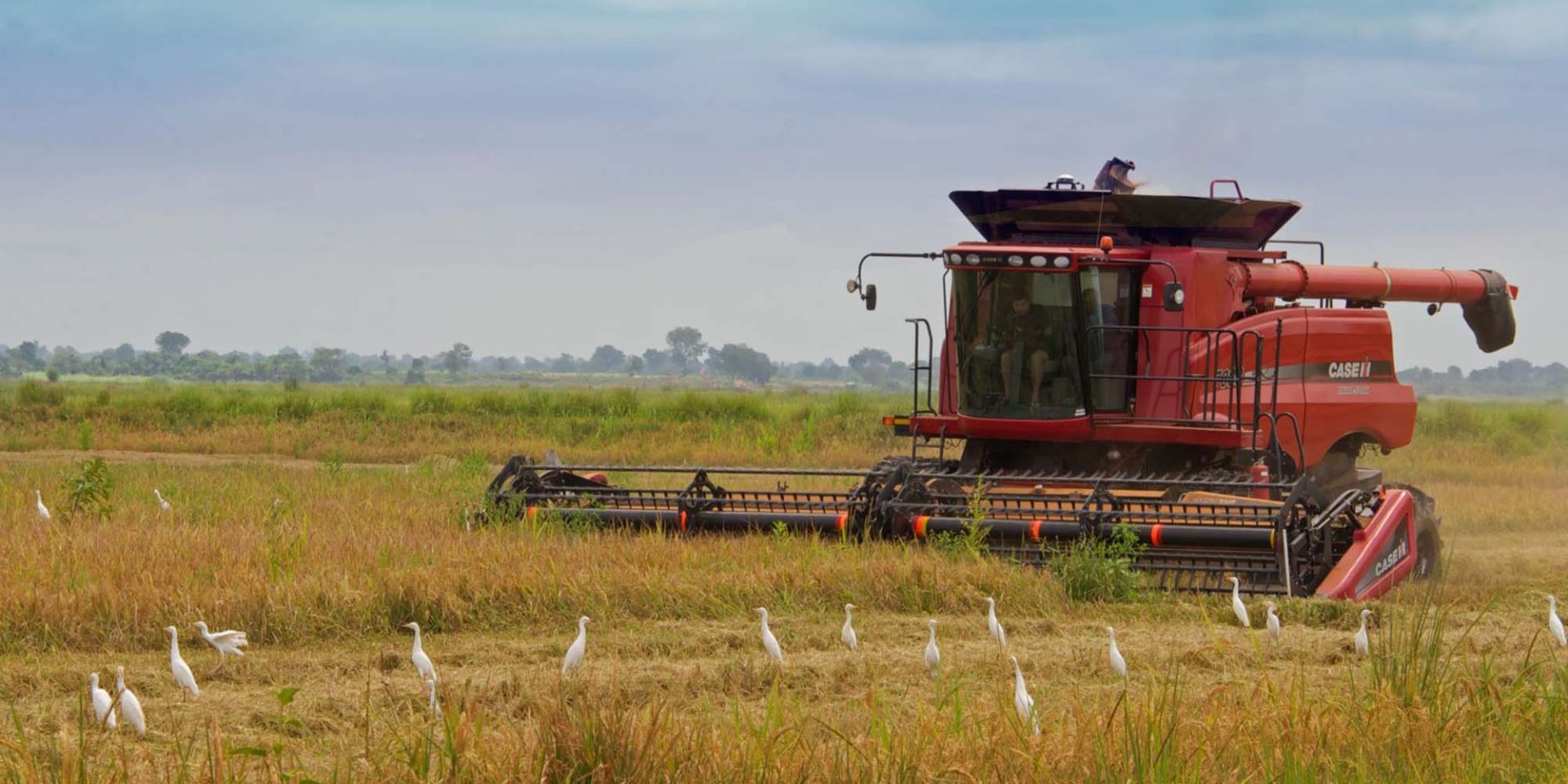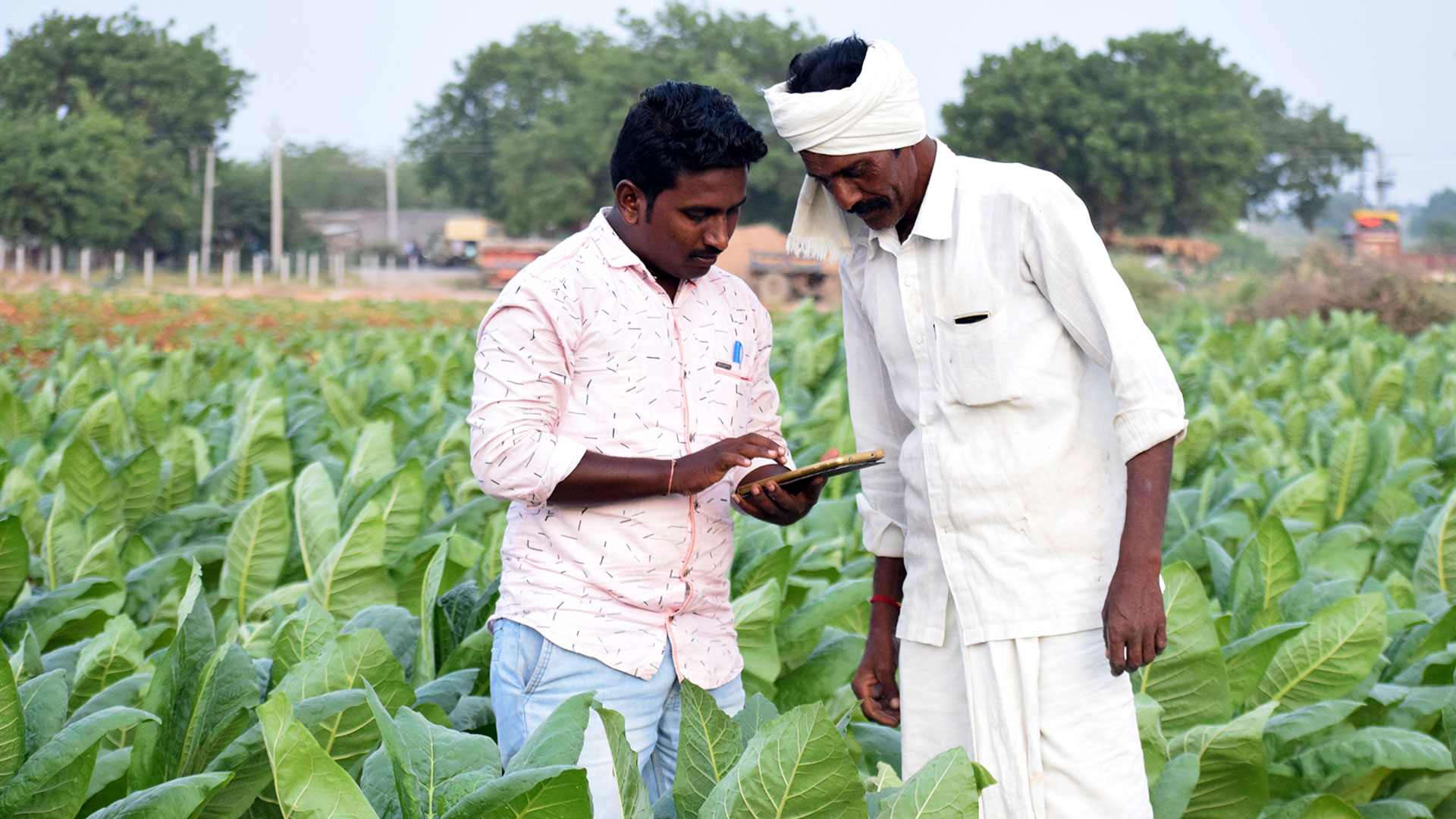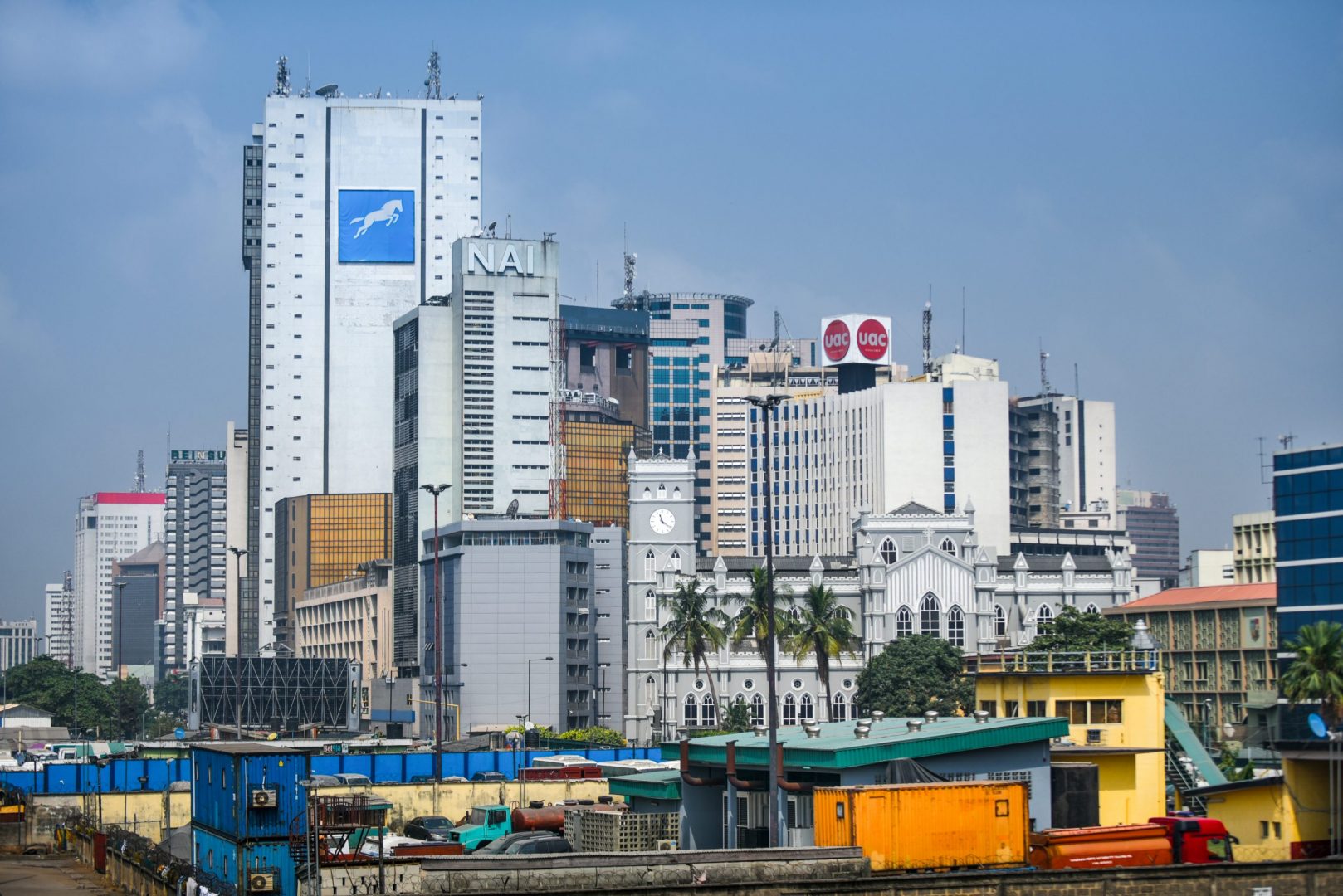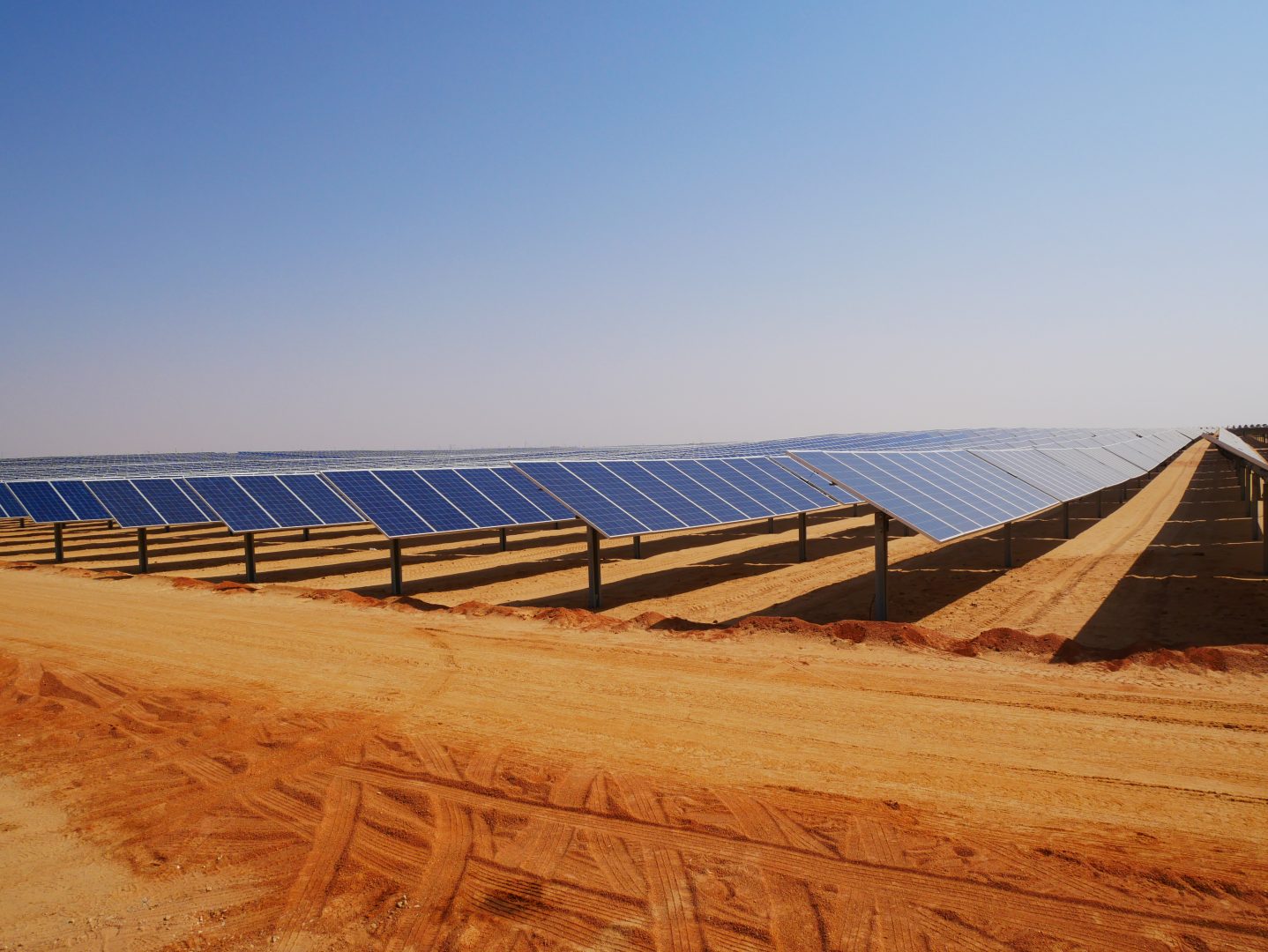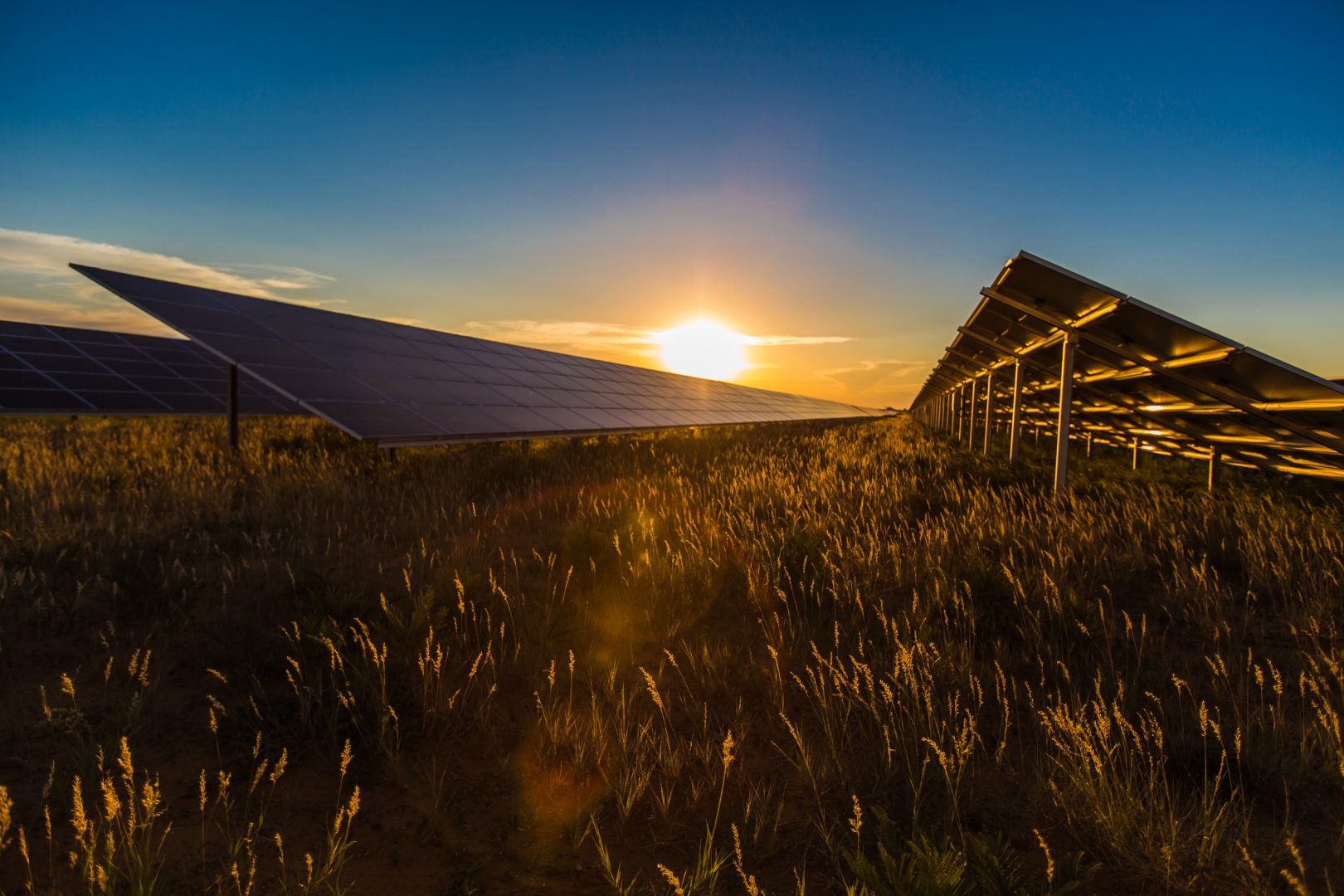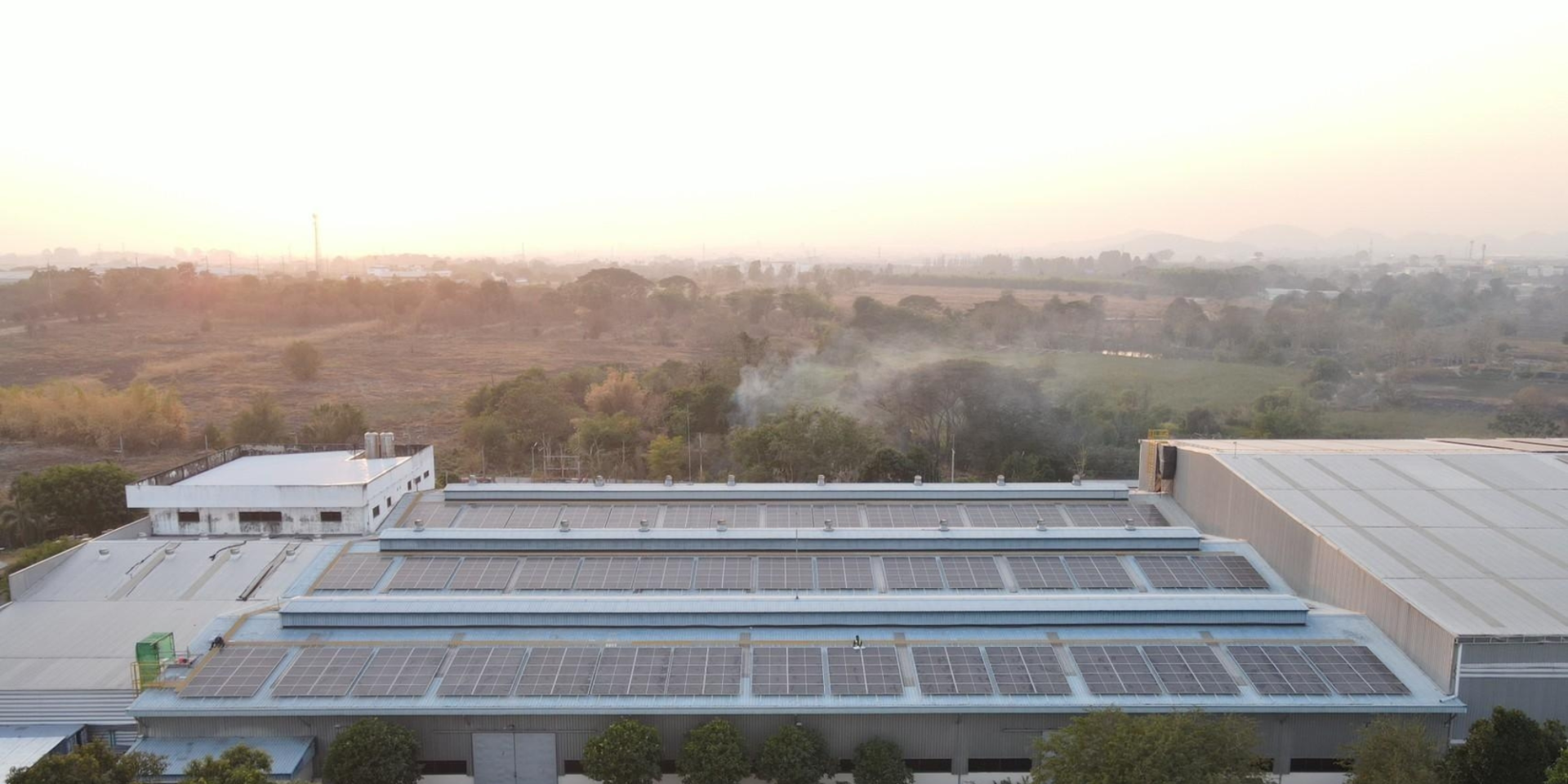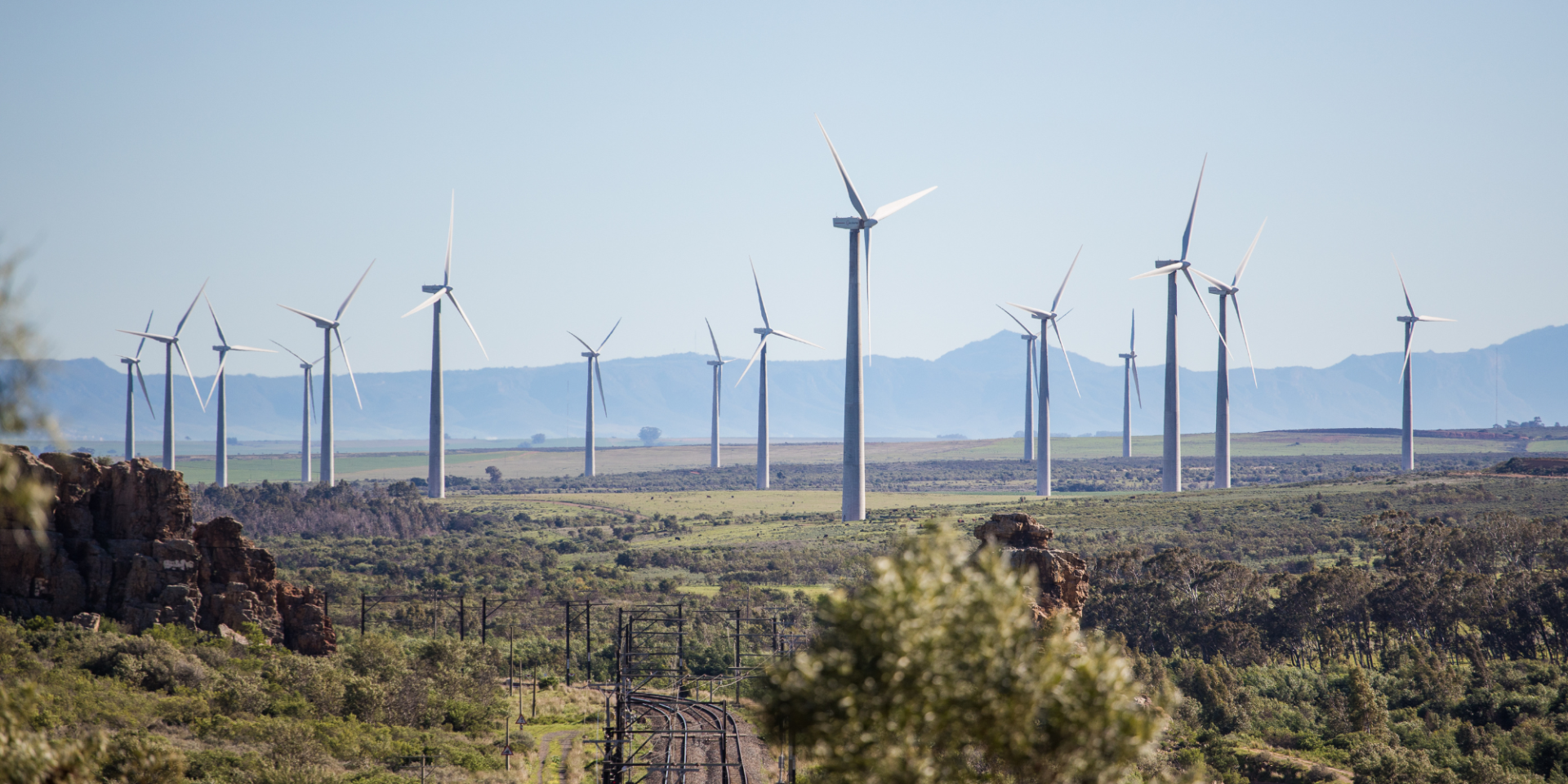- £449 million of new climate finance investments – taking total over last two years to over £1 billion.
- 61 per cent of new commitments made in Africa.
British International Investment (BII), the UK’s development finance institution and impact investor, made a total of £1.31 billion of investments in 2023 in support of sustainable development in emerging economies across Africa and Asia.
BII has a mission to help countries escape poverty by providing impact investments to support the development of thriving private sectors. It invests in the people and places most in need of capital that typically receive the least from private investors.
The scope of BII’s activity last year was published today in its Annual Review, entitled Creating Impact Together.
Of the total, £724.9 million went to support African businesses, with £244.9 million committed to companies in Asia. The balance went to companies based on both continents. BII’s capital now supports – directly and indirectly – 1,580 companies that directly employ nearly a million people in 65 countries.
BII also made its first investments in South-East Asia in 2023, following the expansion in its geographical remit, announced in 2022, to allow it to make climate finance commitments in the region.
Climate change continues to be one of biggest threats to global development, with people living in some of the world’s poorest countries among the most vulnerable to its impact.
Out of BII’s total commitments in 2023, £449 million (37 per cent) was classified as climate finance – taking the total over the last two years to over £1 billion. BII’s climate finance target over the course of its current five-year strategy period is 30 per cent.
BII has backed a wide range of companies that are vital to economic development and improving peoples’ lives. Its investments have covered sectors such as food and agriculture, financial services, as well as green and digital infrastructure. New investments have included:
- AFEX: BII invested £21.8 million in AFEX, a leading commodities platform that currently operates over 200 warehouses in Nigeria, Kenya and Uganda and serves over 450,000 farmers. The investment will help build 20 modern warehouses to enable up to 200,000 more farmers to access low-cost storage and maximise sales from crop harvests.
- SUSI Asia Energy Transition Fund: BII invested £12.5 million investment in this South-East Asia focused energy transition infrastructure fund – the first investment made in South-East Asia under its current five-year strategy. The fund targets investments across renewable energy, energy efficiency, and energy storage projects.
- Planet Solar: BII invested £8.5 million in Planet Solar to provide clean, affordable solar power in Sierra Leone, where only 23 per cent of people have access to electricity. It will be Sierra Leone’s first large-scale solar project to be connected to the grid. It will enable more power to flow to industries and communities in the capital city Freetown, the Western region, and four other areas throughout the country.
BII’s total net assets increased to £8.5 billion (£8.1 billion in 2022) while the portfolio grew to £7.3 billion (£6.9 billion in 2022). The main reason for this portfolio growth in 2023 was a higher pace of drawdowns compared with realisations and foreign currency valuation gains. BII’s overall financial result was a loss after tax of £44.0 million (£167.7 million profit in 2022), a loss of 0.5 per cent on net assets over the year (2.2 per cent gain in 2022). The portfolio generated a £71.5 million return (£285.6 million return in 2022), a portfolio gain of 1.1 per cent (4.8 per cent gain in 2022).
BII seeks returns of 2 per cent across its portfolio, measured on a rolling seven-year basis. This measure is consistent with its mandate to invest to support the economic stability that will improve the lives of millions of people. The company remains ahead of this financial return hurdle with a seven-year weighted average annual portfolio return of 5.2 per cent.
Diana Layfield, Chair at British International Investment, said: “In a world facing an ever-growing climate challenge, and where inequality and access to basic water, power and economic development remains a profound human challenge, our role is as important as it has ever been.
“We are pleased to have committed £1.3 billion during a challenging year when levels of foreign direct investment are falling in many of the countries and regions that need it the most. In Africa, FDI amounts to just $40 per person, compared with $651 in North America.”
Chief Executive of BII, Nick O’Donohoe, who is retiring later this year, said: “We continue to make a real difference to the lives of millions in some of the least developed countries in the world on behalf of the British people. The performance of BII in 2023 demonstrates that the goals we set out to achieve when I took over in 2017 – a focus on climate finance, gender investing and a renewed focus on poverty alleviation – now permeate everything we do as an organisation.
“We have built a highly effective, resilient institution which has stood us in good stead to meet the considerable global challenges of the last three years and provides a foundation that will allow my successor to do even more in the years to come.”
Find out more
Read our Annual Review 2023: Creating Impact Together here.
